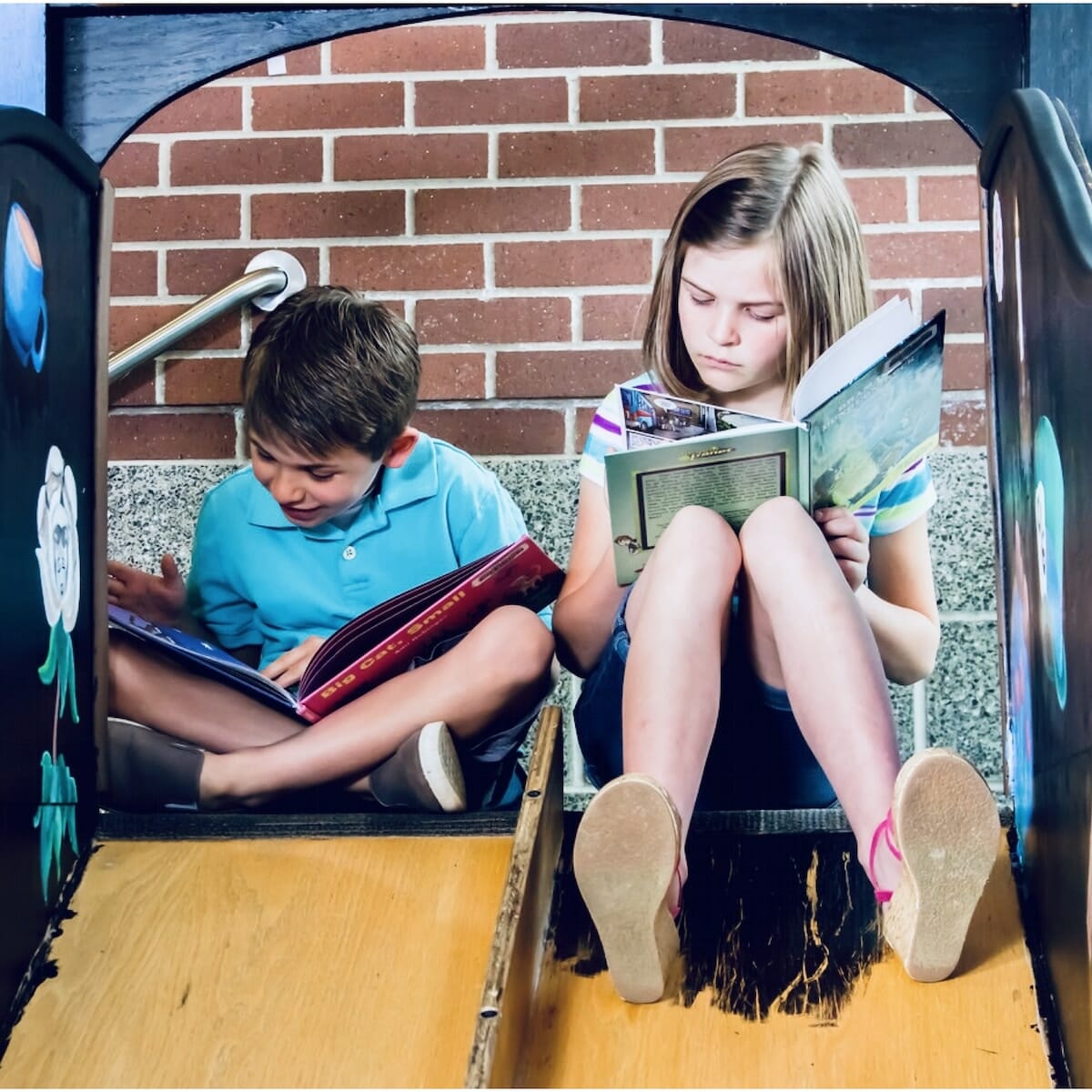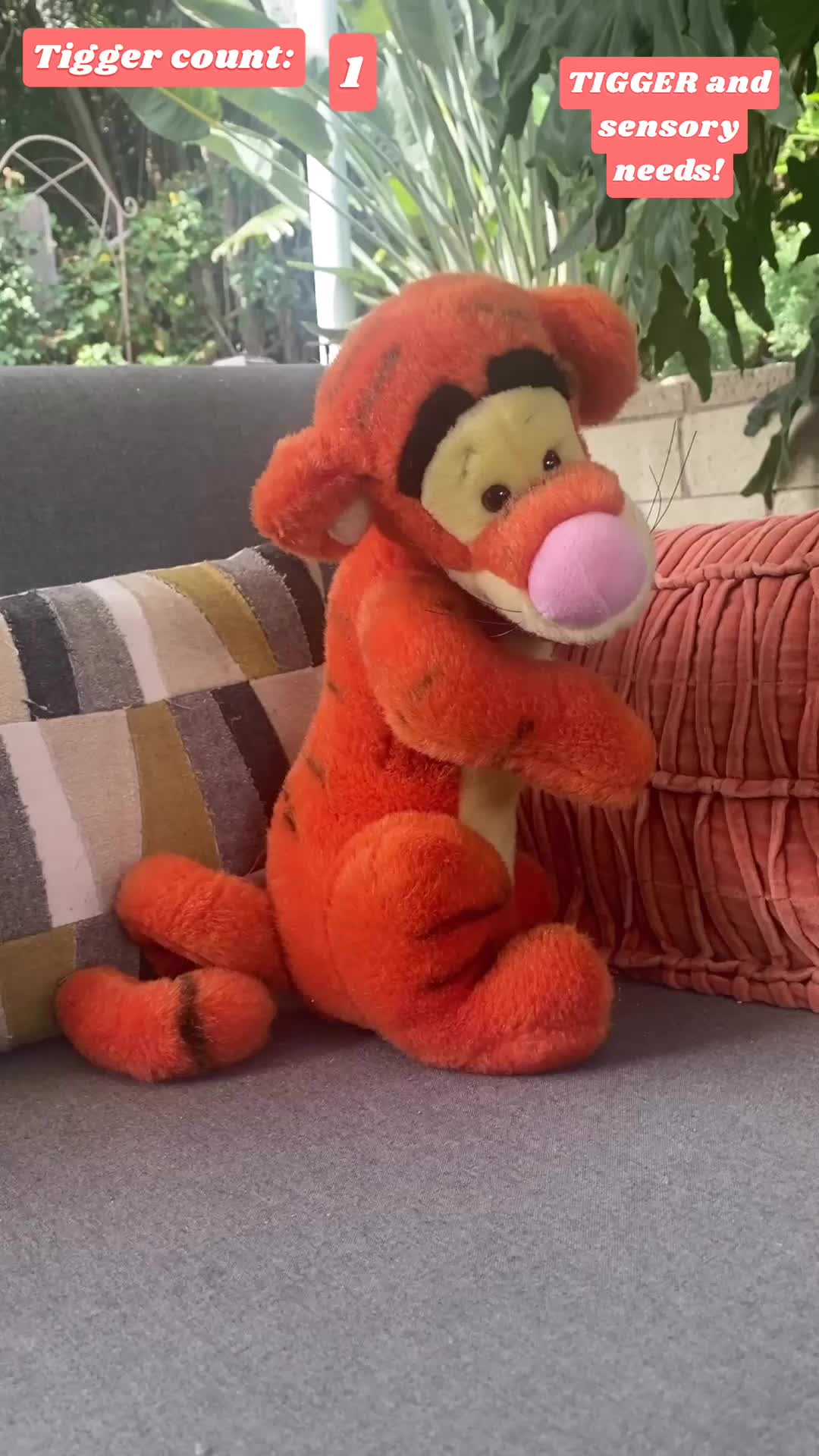When you notice that your child has made obvious progress, it’s easy to forget to encourage them because you may think it’s what they’re supposed to be doing. Just like when the child is younger, not knowing how to play jigsaw puzzles, you would take their hands and finish jigsaw puzzles together. After a period of time, you would suddenly realize that he/she doesn’t need you to correct them where some piece should be, and he/she can finish jigsaw puzzles on their own. You would not think this is something surprising. But we need to remind you, it’s still important to praise your kids! Because there is a huge gap between things that child can do with adult’s help and things that child can do without adult’s help! Bridging the gap of those two are something incredible!
Soviet psychologist Vygotsky divided children’s cognitive ability into two levels. The ability that a child can do without anyone’s assistance and guidance- when he/she is doing works alone, is called the actual development level. And the ability that the child can achieve when he/she has got help from peers who are better at the tasks they need to do, or has been taught by teacher or parents, is called the potential development level. The range between these two levels are zone of proximal development. And apparently we hope our kids to reach the potential development level when we are in their journey of growth.
Our game is meticulously designed by psychologists. It represents many activities that are challenging to kids as they are a little bit difficult than what they are capable of doing, and the game also includes virtual peers and teachers who can help them. The reason why it is created that way is for the child to achieve higher and reach to zone of proximal development. Kids can internalize the new problem-solving strategies and other skills that they have just learned, after they keep practicing, they can use these inner strengths when they are on their own. When you noticed that your child has made a progress, don’t forget to compliment him/her that you saw everything, and you are proud of them.




